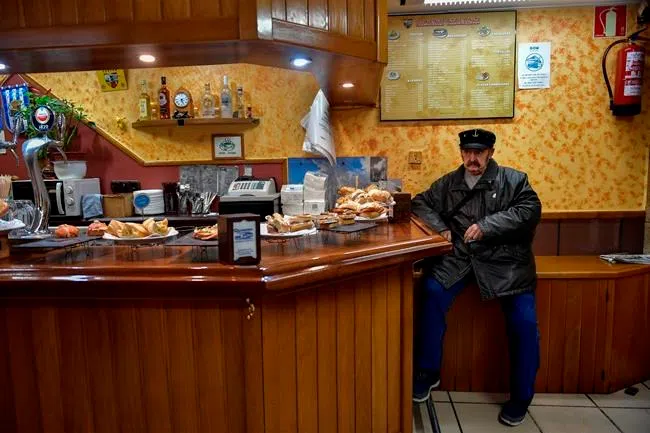
ETA militants declare end to armed fight for Basque homeland
MADRID — The Basque separatist group ETA said it has dismantled its organizational structure after a six-decade independence campaign that killed hundreds in Spain, taking the final step in disbanding after disarming last year and bringing an end to one of Europe’s bloodiest nationalist conflicts in recent times.
The Spanish government vowed Wednesday not to abandon its investigation of crimes from the group’s violent past, saying security forces would “continue to pursue the terrorists, wherever they may be.”
ETA, whose initials stand for “Euskadi ta Askatasuna” or “Basque Homeland and Freedom” in the Basque language, killed more than 850 people during its violent campaign to create an independent state in northern Spain and southern France, most of them during the tumultuous 1980s when Spain was transitioning from dictatorship to democracy.
In a letter sent to Basque regional institutions and obtained by The Associated Press, ETA said it had “completely dissolved all its structures,” and acknowledged its responsibility in failing to solve the Basque “political conflict.”
